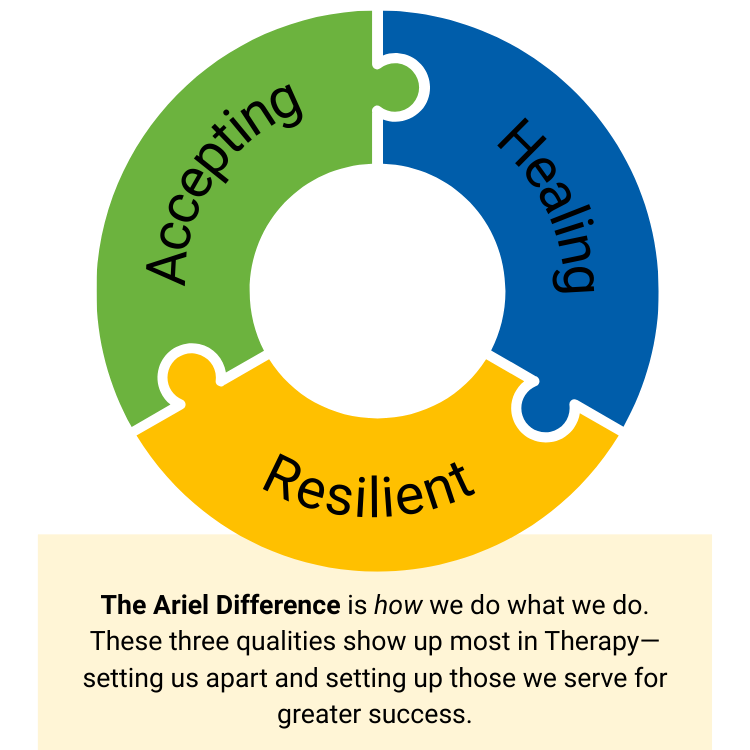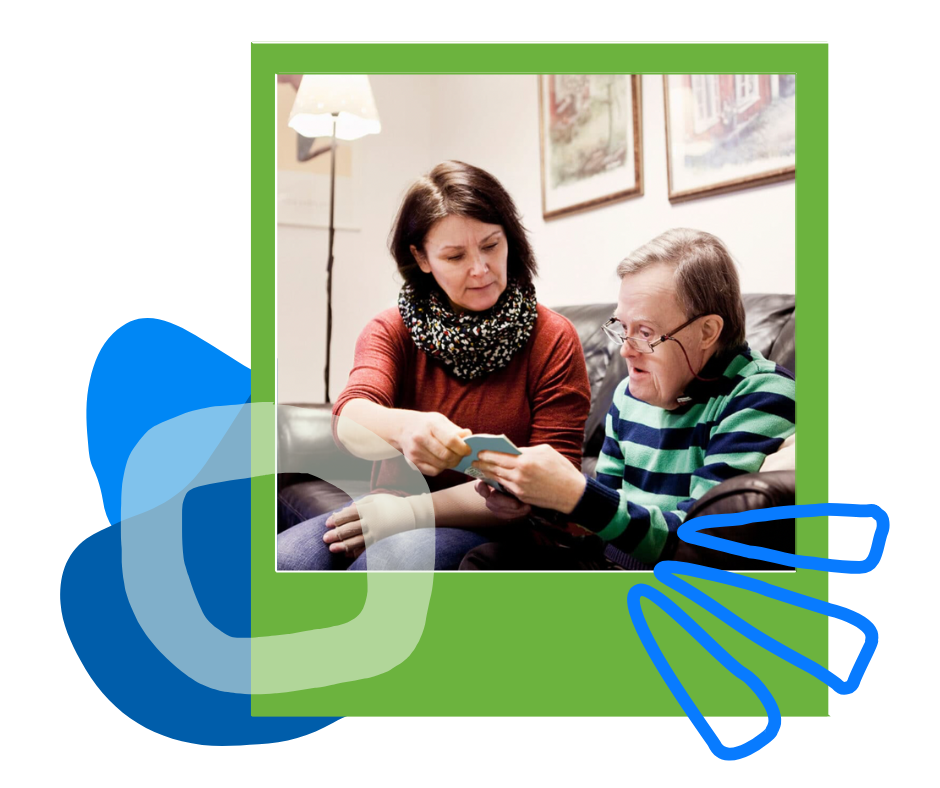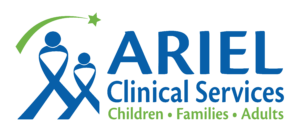What are I/DD Adult Therapy Services?
In addition to our child and family therapy services, Ariel also provides individual, family, and group therapy for adults with intellectual and developmental disabilities (I/DD). These services are tailored to support people navigating mental health challenges such as anxiety, depression, trauma, and more—especially when these occur alongside I/DD. Depending on a person’s needs and goals, therapy may include traditional talk therapy or evidence-based approaches like Cognitive Behavioral Therapy (CBT), Dialectical Behavior Therapy (DBT), Eye Movement Desensitization and Reprocessing (EMDR), and others.
The Ariel Difference
Our therapy services are rooted in trauma-informed care, family systems thinking, and a deep understanding of the unique experiences adults with intellectual and developmental disabilities (I/DD) face. We take a compassionate, collaborative approach that looks at the whole person—their mental health, relationships, and overall wellbeing. Our team is experienced in supporting people with co-occurring conditions like post-traumatic stress disorder (PTSD), attention deficit disorder (ADD), oppositional defiant disorder (ODD), parent/child relational challenges, and more. We use evidence-based techniques and adapt them to each individual’s needs. At Ariel, we care deeply about the people we serve, and our goal is not only to reduce symptoms—but to help adults with I/DD build meaningful, thriving lives.

Types of I/DD Adult Therapy Services
We have a variety of offerings tailored to meet different needs of adults with I/DD, also known as “Members” in the Medicaid system. Members may participate in one or any combination of these therapy types based on their needs and goals:


Additionally, we have staff that are trained and specialize in the following modalities:
- I/DD-Specific Therapy, Evidence-Based | Specialized interventions designed for individuals with intellectual and developmental disabilities, addressing unique cognitive, emotional, and behavioral needs through adapted techniques that improve mental health and quality of life.
- Dialectical Behavioral Therapy (DBT), Evidence-Based | Helps individuals manage intense emotions, reduce self-harm behaviors, and improve relationships through skills in mindfulness, distress tolerance, emotion regulation, and interpersonal effectiveness. Particularly effective for those experiencing depression, impulsivity, or suicidal thoughts. Watch a quick overview.
- Cognitive Behavioral Therapy (CBT), Evidence-Based | Focuses on identifying and changing unhelpful thought patterns and behaviors that contribute to mental health challenges. Clients learn practical problem-solving skills, build self-confidence, and develop strategies to cope with difficult situations in the present.
- Trauma-Focused CBT (TF-CBT), Evidence-Based | Adapts CBT specifically to help individuals and their caregivers overcome trauma-related symptoms. This approach reduces negative emotional and behavioral responses following traumatic experiences through gradual, supportive processing.
- Eye Movement Desensitization and Reprocessing (EMDR), Evidence-Based | Uses bilateral stimulation (eye movements, tapping, or pulsing devices) while recalling distressing memories to facilitate emotional healing. Originally developed for trauma, EMDR helps the brain reprocess difficult experiences in a less distressing way.
- Child-Centered Play Therapy (CCPT), Evidence-Based | Leverages play as the primary medium for expression and healing, allowing children to explore emotions and develop coping skills at their own pace. The therapist creates a safe, accepting environment where the child leads and the therapist follows.
- High-Intensity Support Therapy, Service Delivery Model | Provides brief, intensive treatment for individuals with complex mental health needs. Includes flexible support options such as in-home and community-based sessions, offering concentrated intervention when traditional weekly therapy isn’t sufficient.
Where we provide I/DD Adult Therapy Services
At this time, Therapy Services are primarily provided out of our regional headquarters (HQ) in Grand Junction, offering mostly in-person services. Please give us a call at (970) 245-1616 or reach out via our Contact Form to confirm availability, to learn about alternative options or to ask any questions.
How to get started with I/DD Adult Therapy Services
It’s as simple as giving us a call. We accept Medicaid and offer options for self-referred or private-pay participants. If you’re unsure about what payment options apply to you, reach out to your case manager (if already engaged with Ariel’s services) or reach out at (970) 245-1616.
Frequently Asked Questions (FAQs)
If you don’t find what you’re looking for below, feel free to ask your question via our Contact Form.
>> Unless otherwise noted, all images and names represent real Members but actual images and names have not been used for privacy reasons. <<

